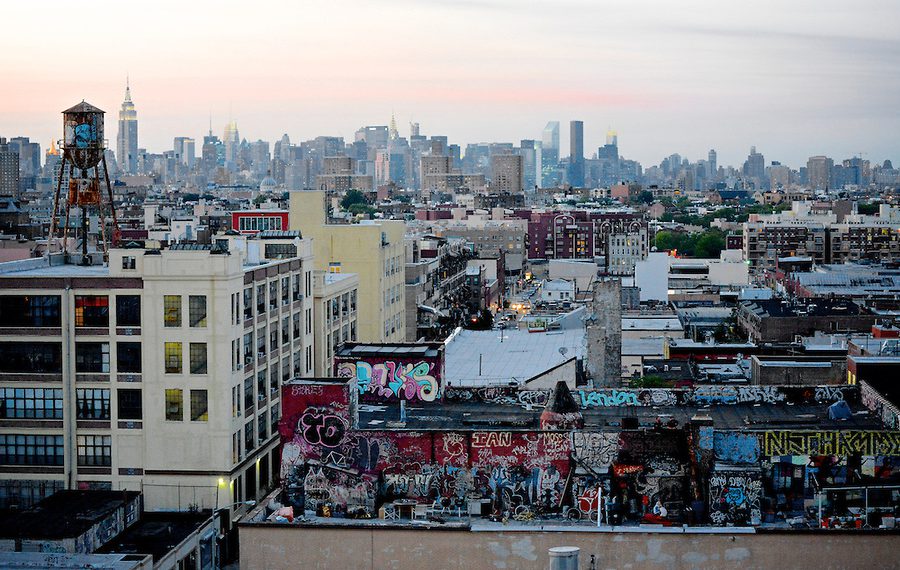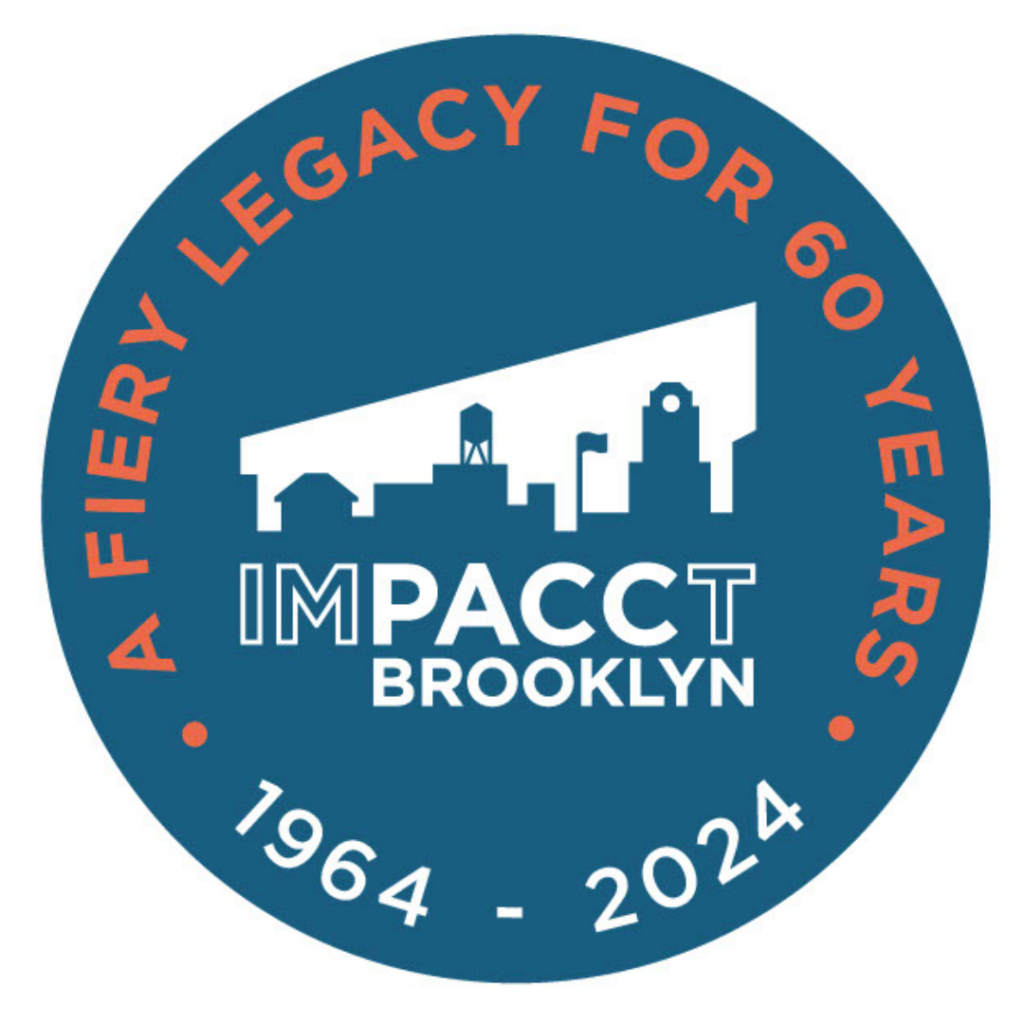As of June 1st, 2021, New York State’s Emergency Rental Assistance Program is accepting applications. The Emergency Rental Assistance Program is an economic relief program that will provide eligible households in New York State with assistance for rental and utility arrears accumulated during the COVID-19 pandemic. Subsidies will be sent directly to the household’s landlord, and applicants will not need to repay this assistance.
The rental assistance payment can cover:
- Up to 12 months of rent accrued starting on or after March 13, 2020;
- Up to 3 months of additional rent assistance for future rent (if the household spends 30 percent or more of its gross monthly income to pay for rent and if the household also applies for rental arrears payments)
- Up to 12 months of electric or gas utility arrears payments for arrears that have accrued on or after March 13, 2020 (if the household also applies for rental arrears payments).
Eligible households must meet all the following criteria:
- Household gross income is at or below 80 percent of the Area Median Income (AMI). (A household may qualify based on current income or calendar year 2020 income that is at or below 80 percent AMI.)
- A member of the household received unemployment benefits or experienced a reduction in income, incurred significant costs or experienced financial hardship, directly or indirectly, due to the COVID-19 pandemic on or after March 13th, 2020.
- The applicant is obligated to pay rent at their primary residence and has rental arrears (rent overdue) at their current residence for rent owed on or after March 13, 2020.
- The household must be at risk of experiencing homelessness or housing instability, which can be demonstrated by having rental arrears owed on or after March 13, 2020.
In order to apply, renters will need to provide:
- Personal identification for all household members (ex: a photo ID, driver license or non-driver government-issued ID, passport, EBT/Benefits Issuance Card, birth or baptismal certificate, school registration)
- Social Security number of any household members who have been issued one. Individuals do not need to have a lawful immigration status to qualify for the program.
- Proof of rental amount, signed lease, even if expired. If no lease is available then proof can be shown through a rent receipt, canceled check or money order.
- Proof of residency and occupancy – Signed lease, rent receipt, utility bill, school records, bank statement, postal mail with name of applicant, insurance bill, or driver license. Proof should be current.
- Copy of gas or electric utility bill, if applying for help paying for utility arrears at the same rental unit.
- Proof of Income to document income eligibility:
- Documents demonstrating monthly income for the prior month, such as pay stubs, bank account deposit verification, unemployment benefits letter, or other proof; OR
- Documents demonstrating annual income for 2020, such as a W-2 tax form from an employer, an annual statement of earnings, or a copy of a completed income tax return, such as a 1040, 1040EZ, 1099 tax form, or other evidence of 2020 annual income.
- (Self-attestation of income is permitted in certain circumstances where no documentation is available such as certain self-employment.)
Landlords and property owners will need to provide:
- Completed W-9 tax form.
- Executed lease with tenant applicant, or if there is no written lease, a cancelled check, evidence of funds transfer or other documentation of the last full monthly rent payment.
- Documentation of rent due from tenant (e.g. ledger, etc.) or attestation on application.
- Banking information to receive direct deposit payment.
Landlords and property owners are also required to agree to certain terms as a result of accepting rental arrears payments.
For the first 30 days of the program (June 1st – 30th), the following households will be prioritized in the following order:
- Households with income at or below 50 percent of the Area Median Income (AMI) that also include a household member who:
- Is currently unemployed for at least 90 days; or
- Is a veteran; or
- Is currently experiencing domestic violence or is a survivor of human trafficking; or
- Has an eviction case related to their current residence pending in court; or
- Resides in a mobile home; or
- Lives in a community that was disproportionately impacted by COVID-19 (Check your ZIP Code); or
- Lives in a dwelling of 20 or fewer units.
- Households with income at or below 50 percent AMI.
- Households with income at or below 80 percent AMI that also include a household member who:
- Is currently unemployed for at least 90 days; or
- Is a veteran; or
- Is currently experiencing domestic violence or is a survivor of human trafficking; or
- Has an eviction case related to their current residence pending in court; or
- Resides in a mobile home; or
- Lives in a community that was disproportionately impacted by COVID-19 (Check your ZIP Code); or
- Lives in a dwelling of 20 or fewer units.
- Households with income at or below 80 percent AMI.
Tenants can apply on their own, but they’ll need some documentation from their landlord for the payments to go through. Landlords can also apply on behalf of their tenants, but they will need some personal information and a signature from the tenant to complete the application. Housing advocates stress the process will go smoothly if tenants and landlords cooperate with one another.
Click here for more information on the program and eligibility.
Click here for the application portal.
Click here to get help when signing up for the Emergency Rental Assistance Program.
To learn more about the Emergency Rental Assistance Program and what resources and tools are available to tenants, or to reach out to a tenant organizer, contact IMPACCT Brooklyn’s Community Organizing Department.



